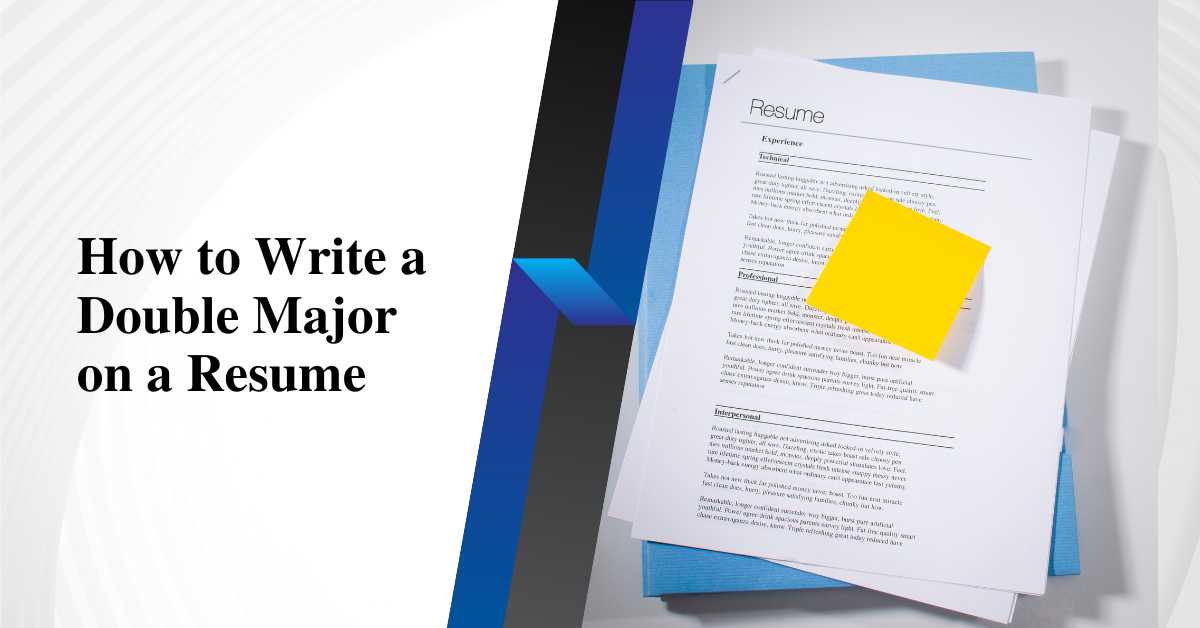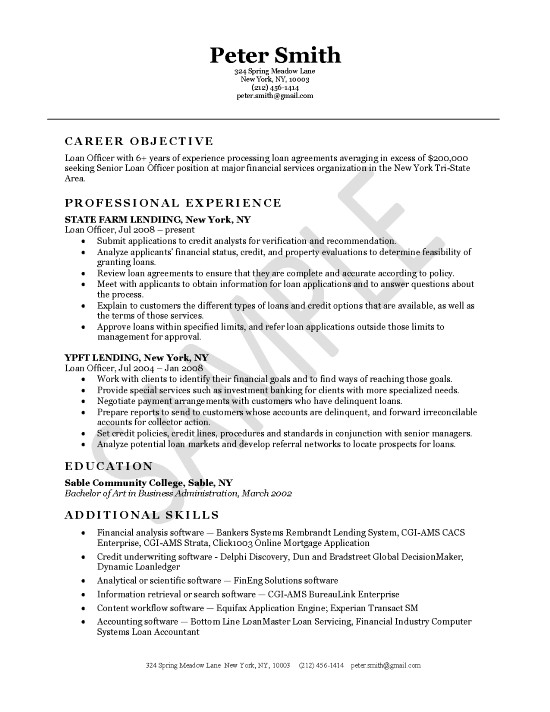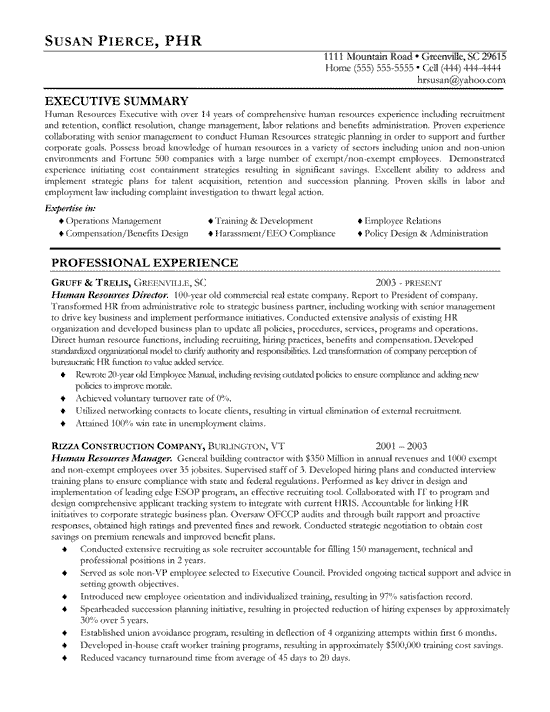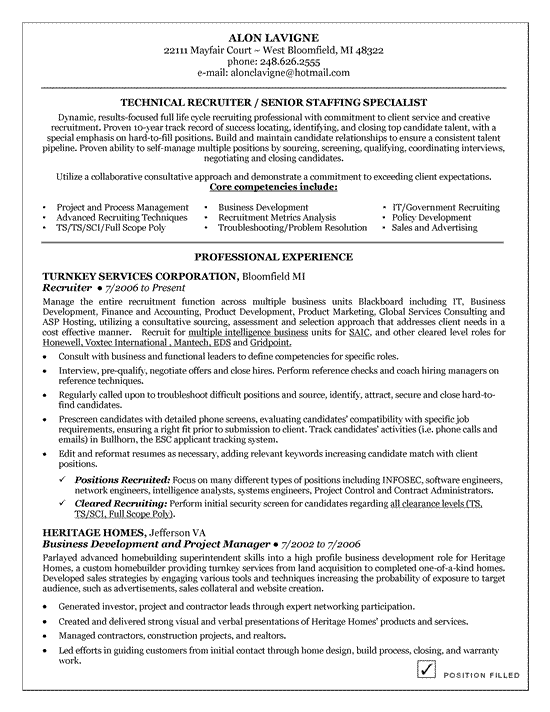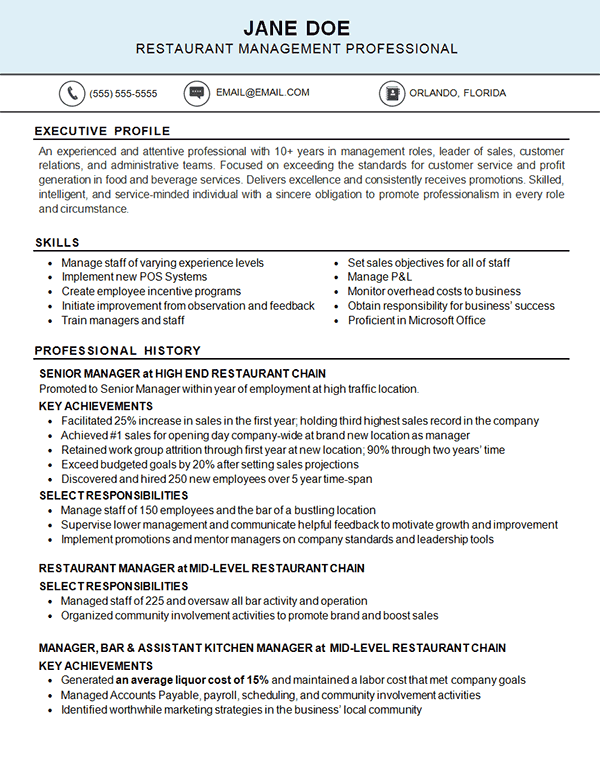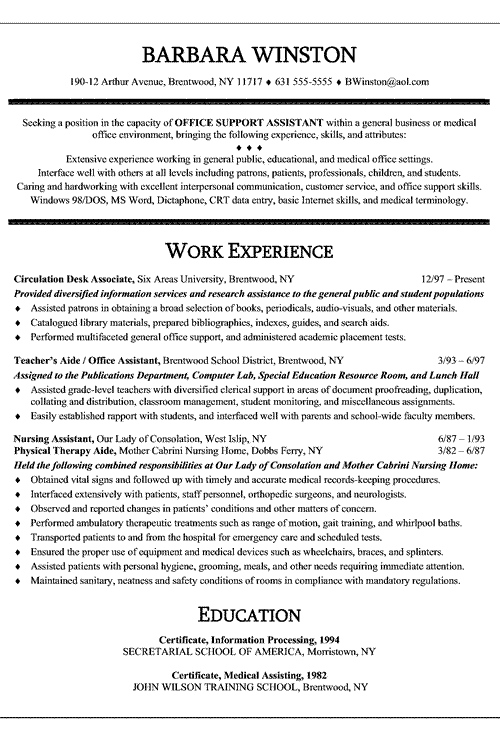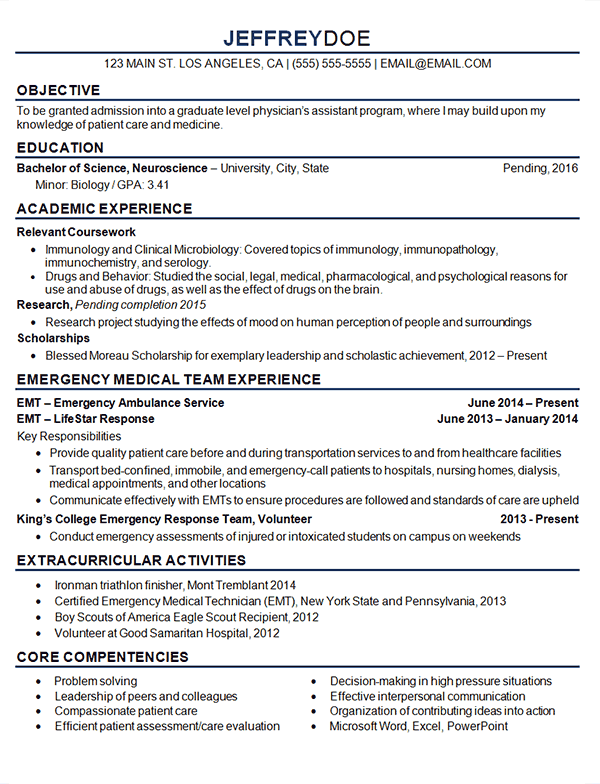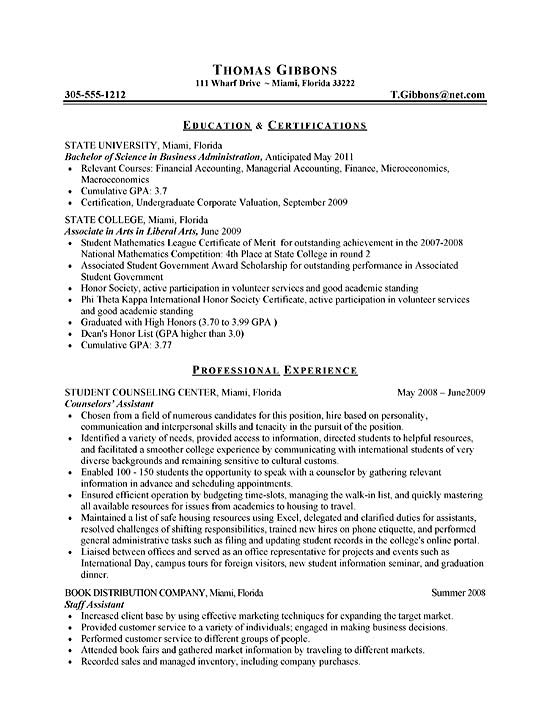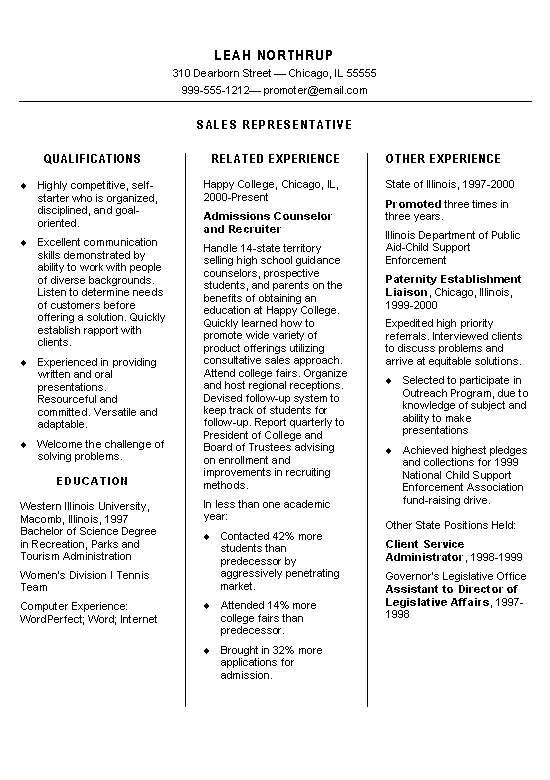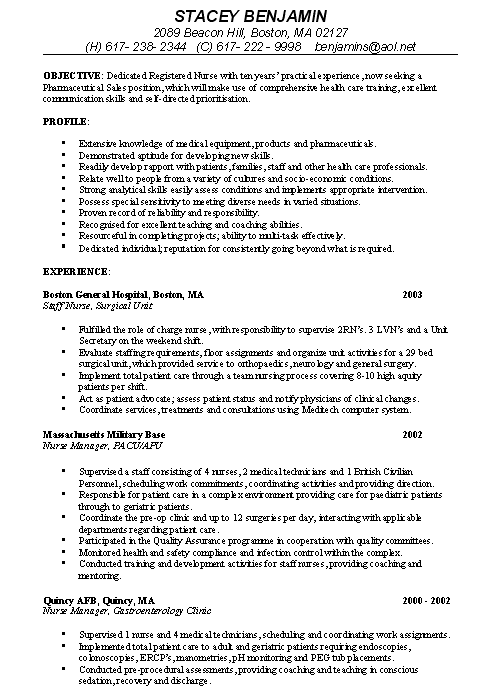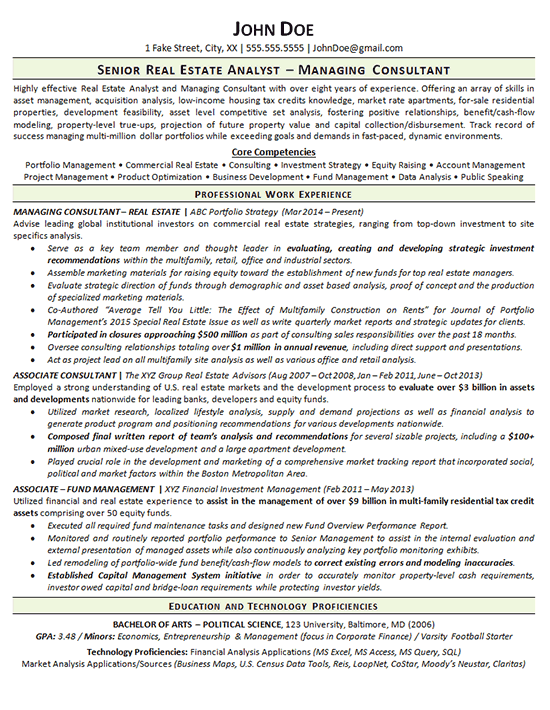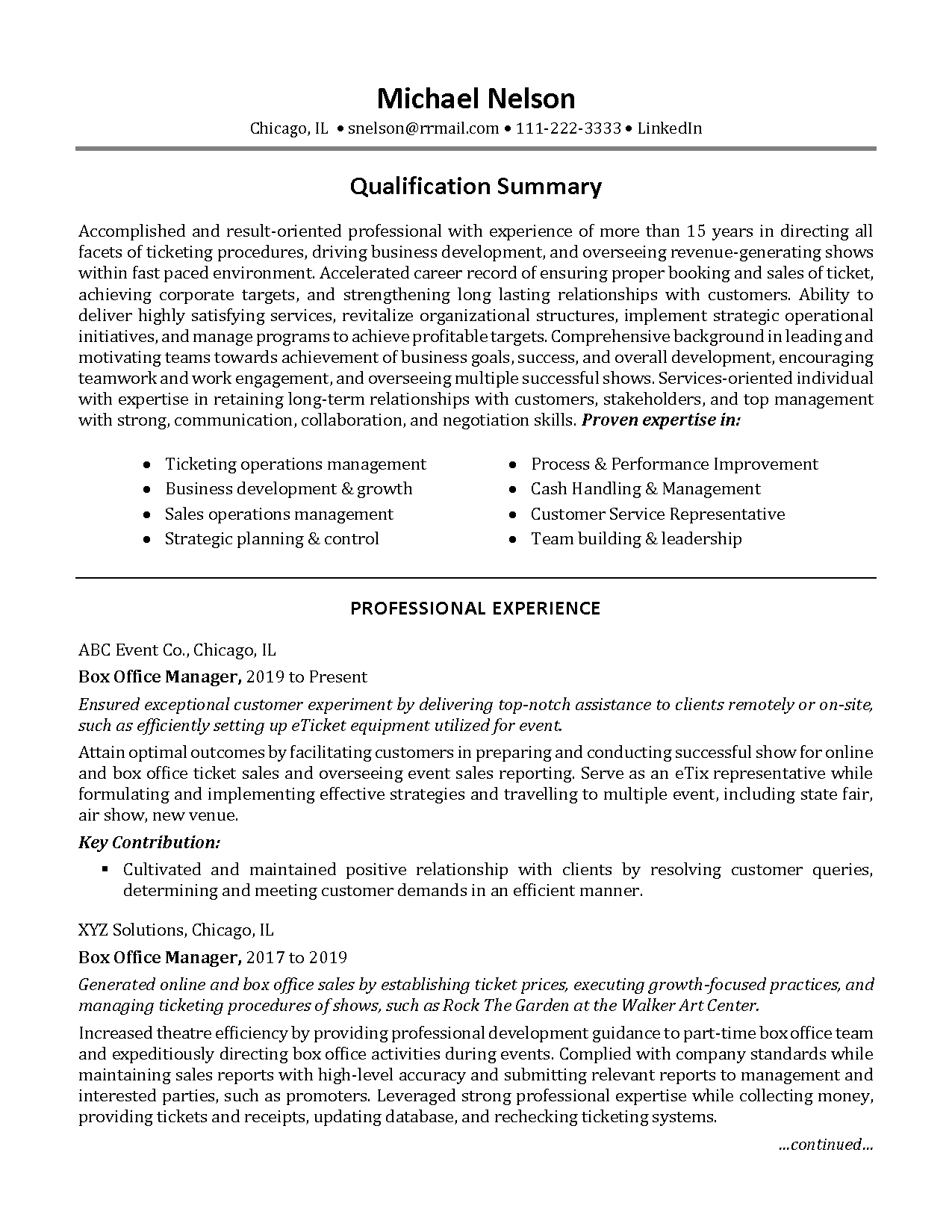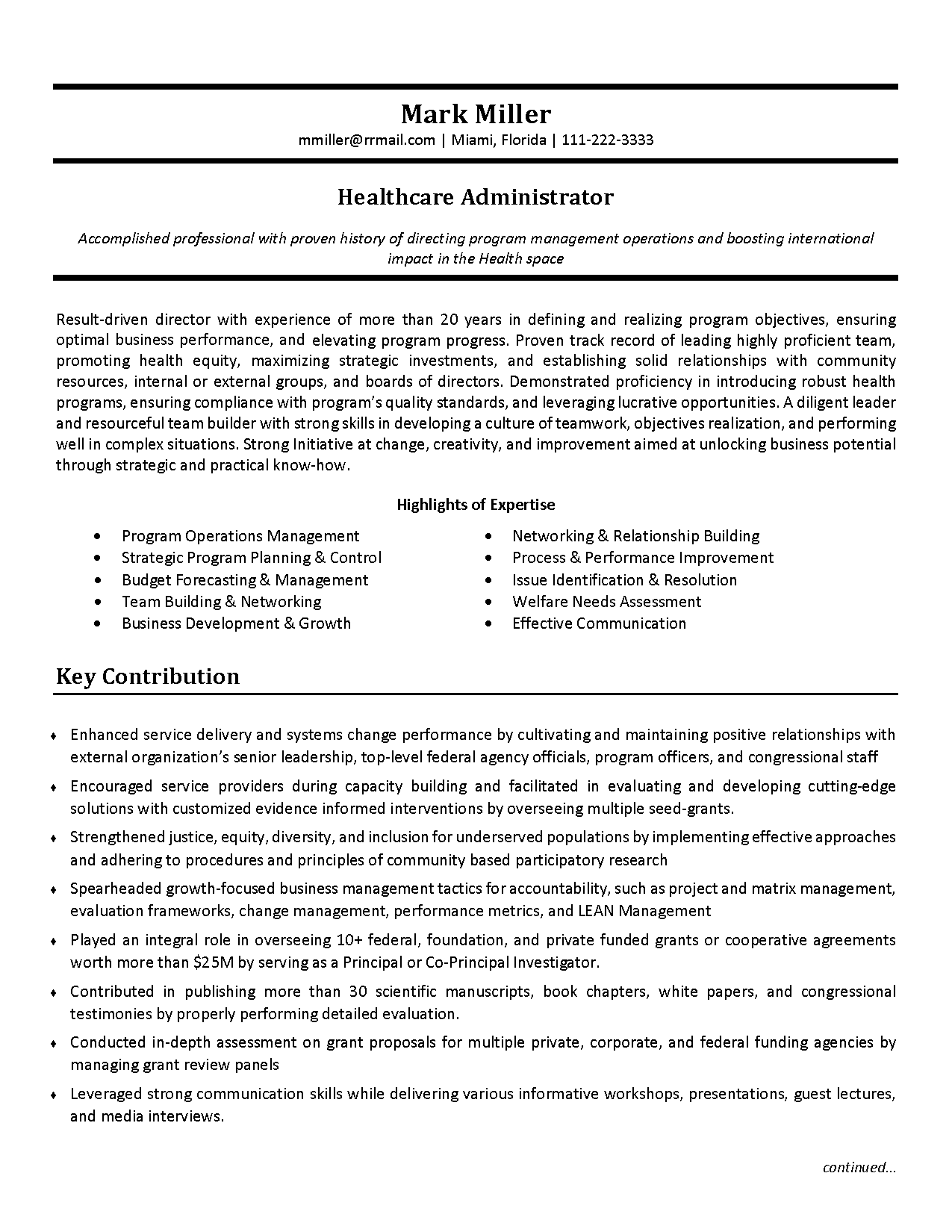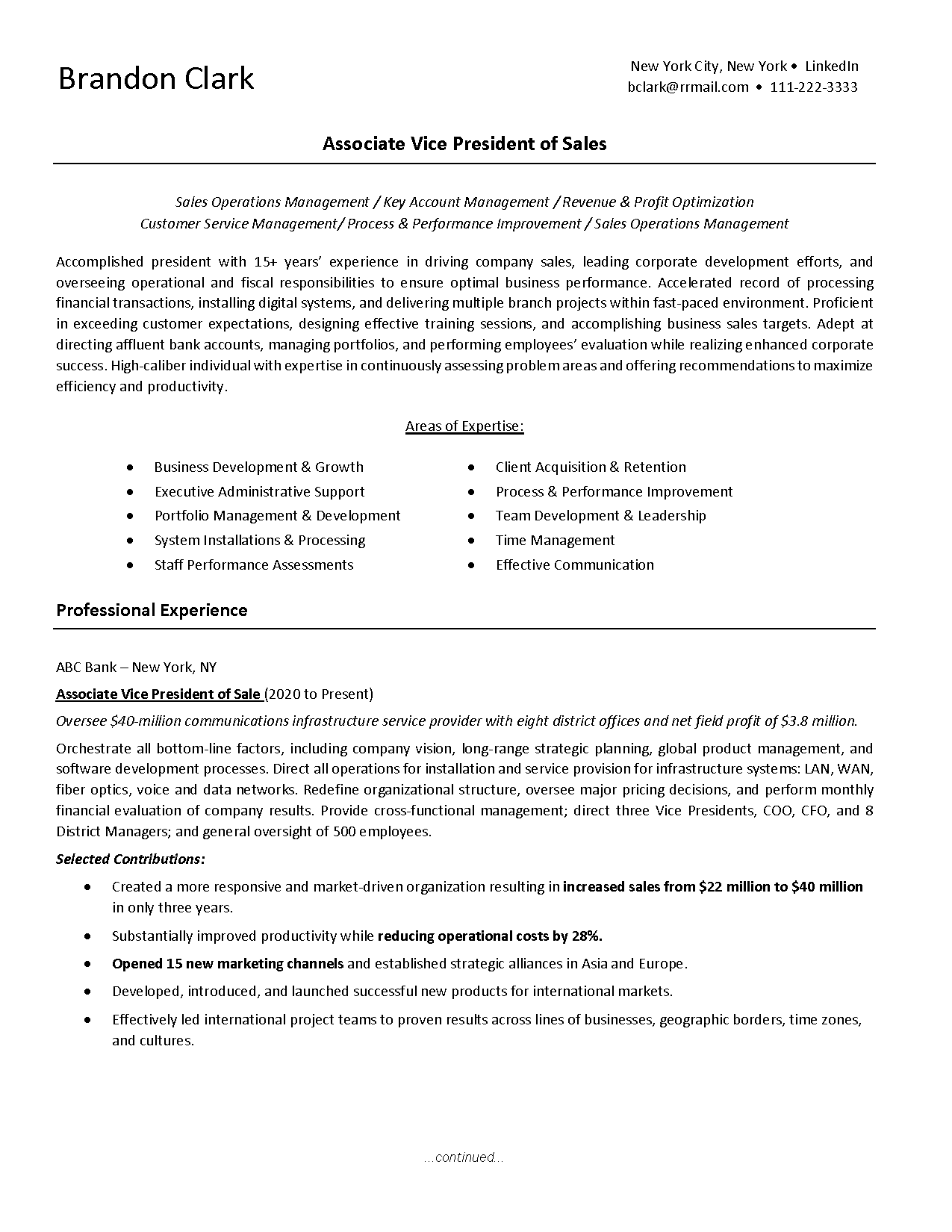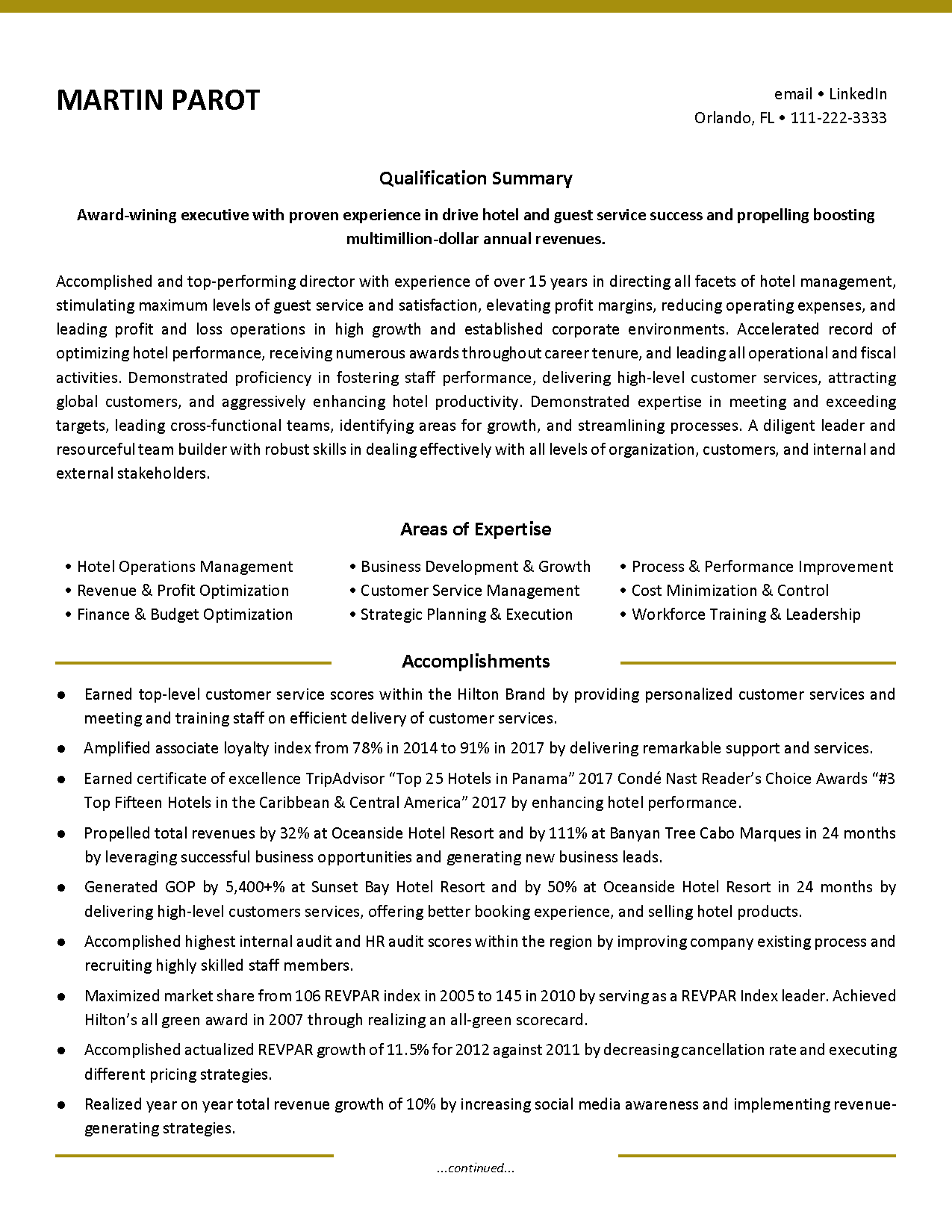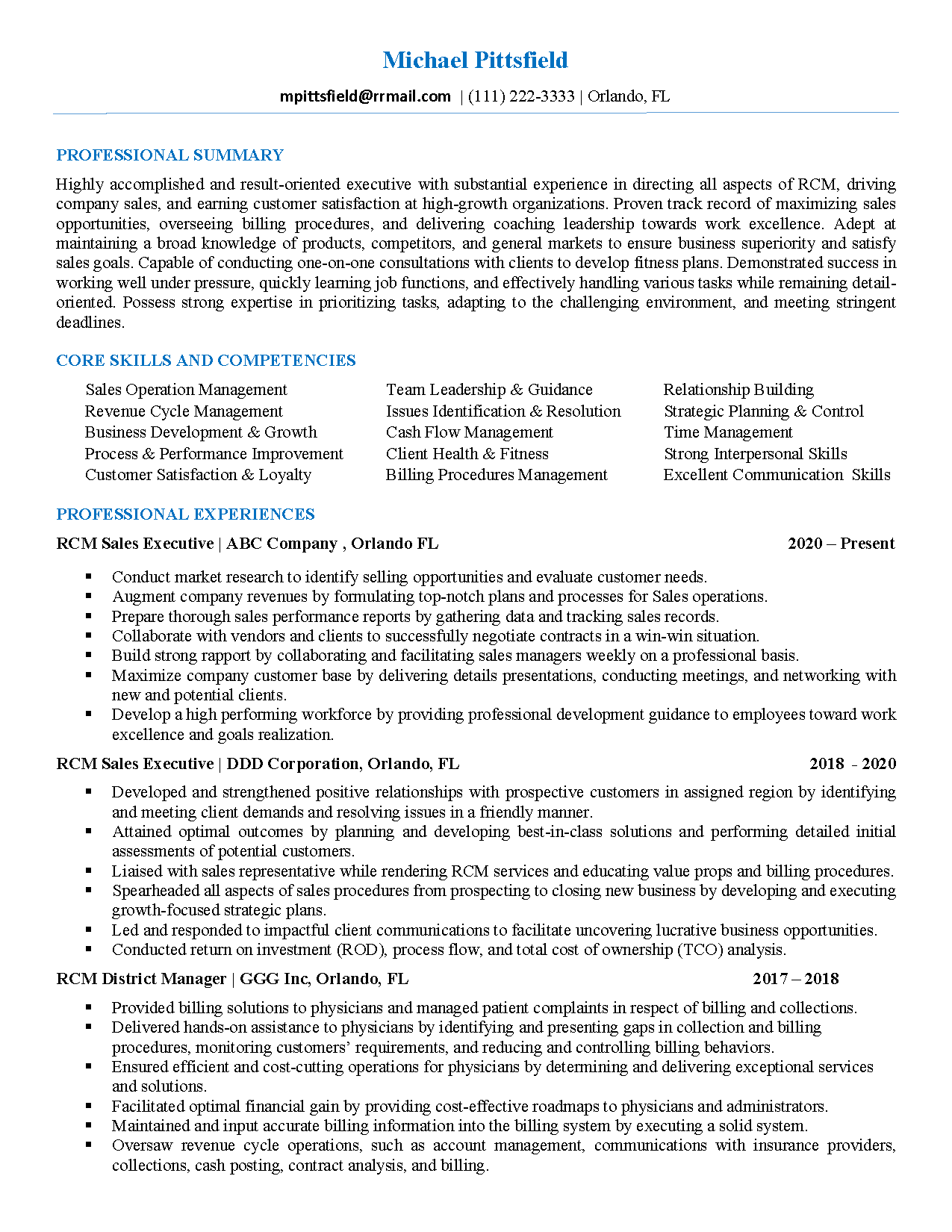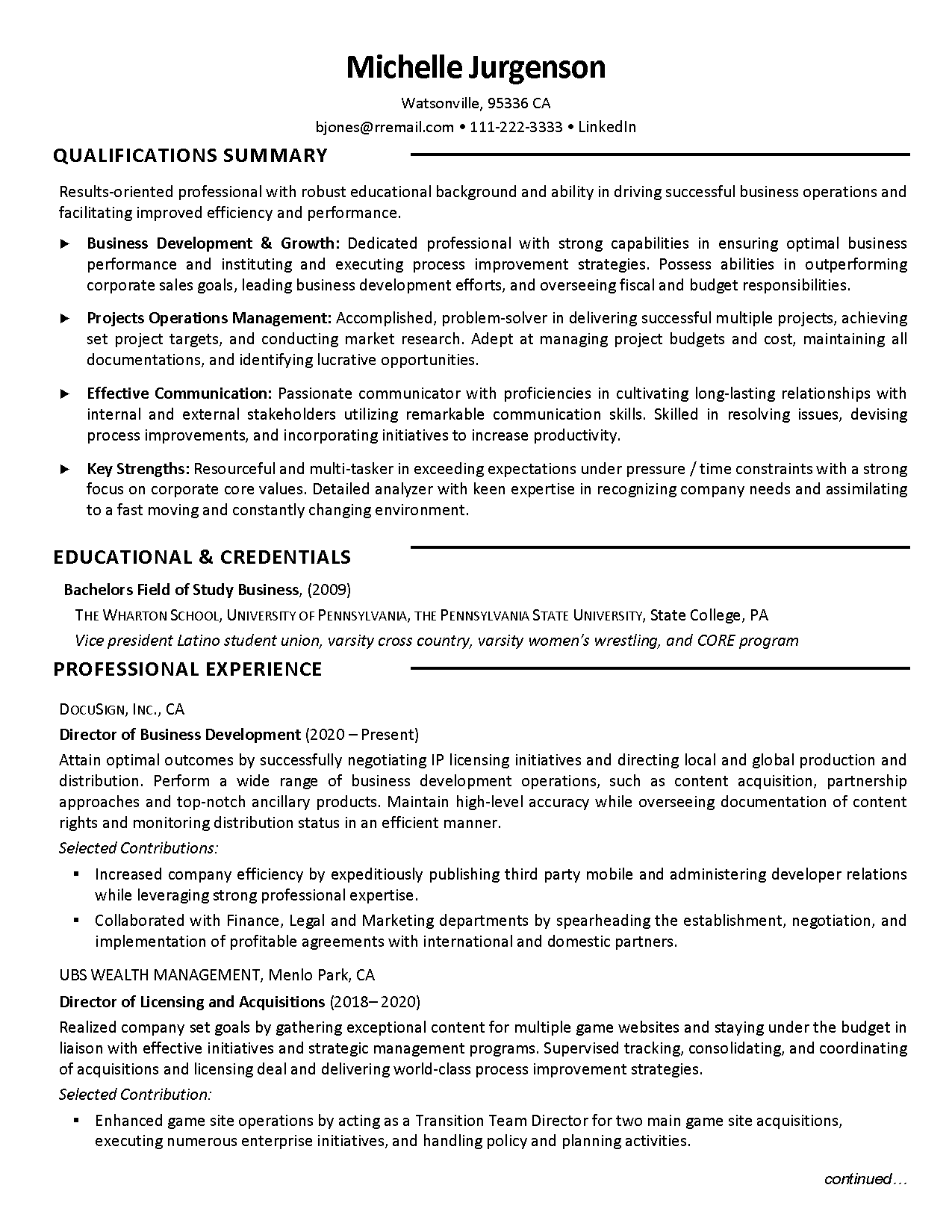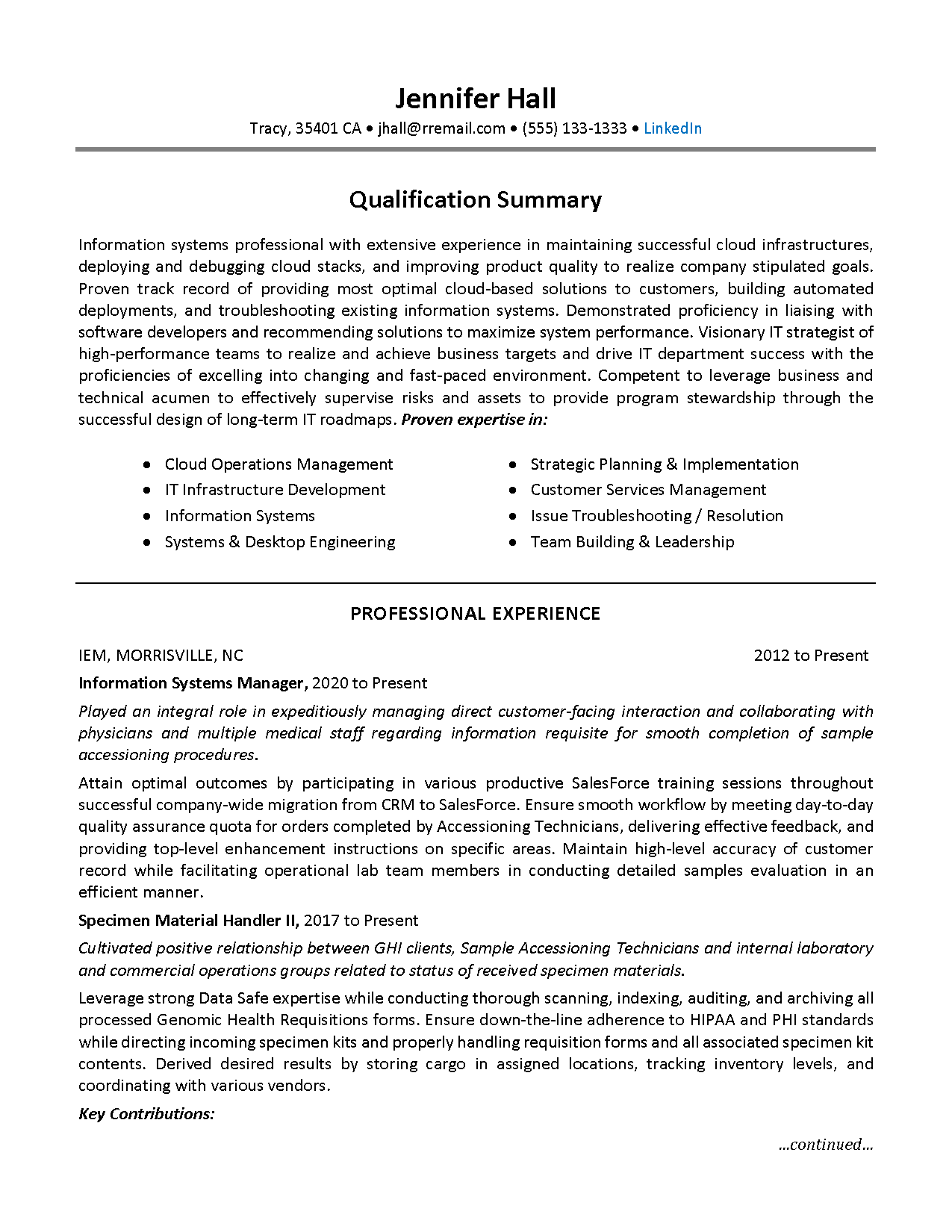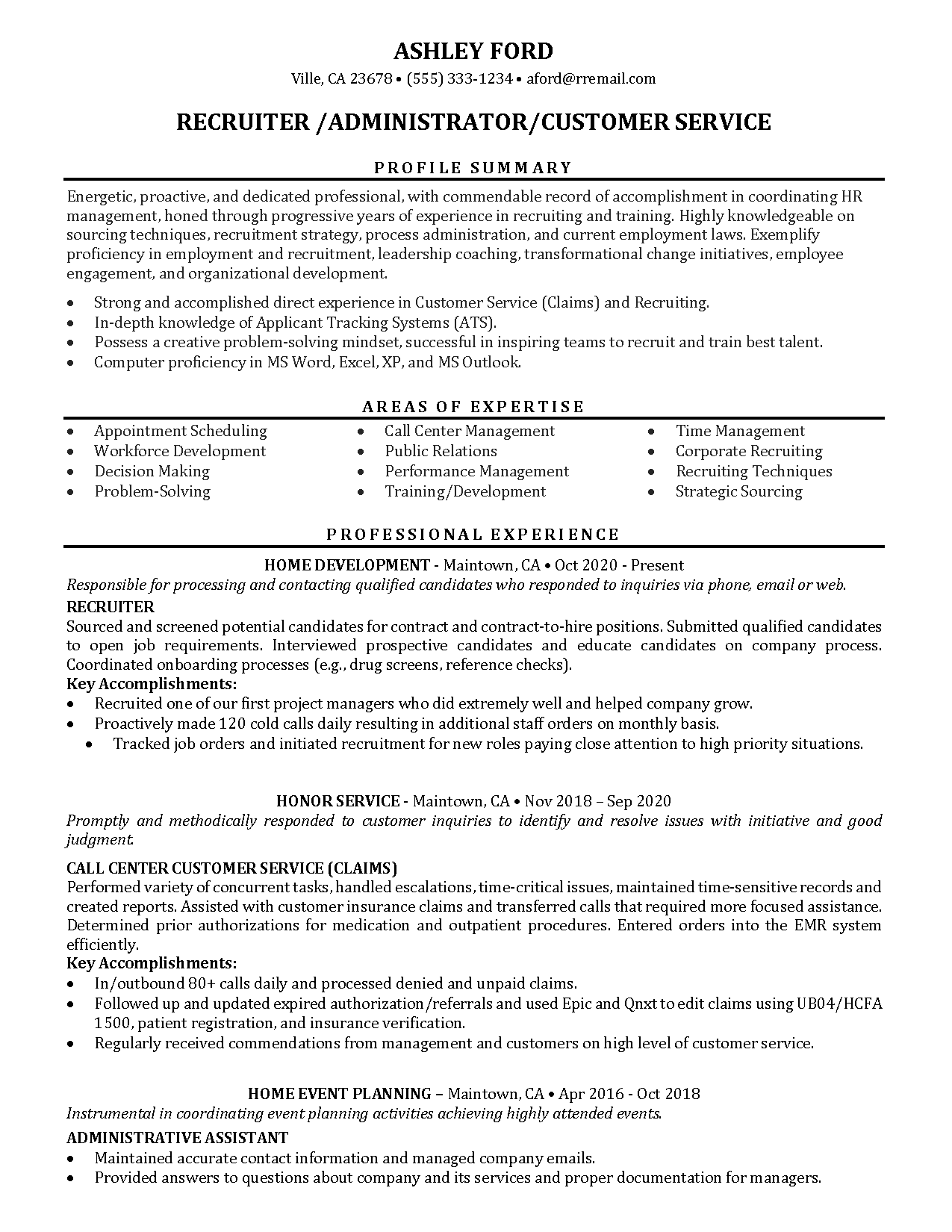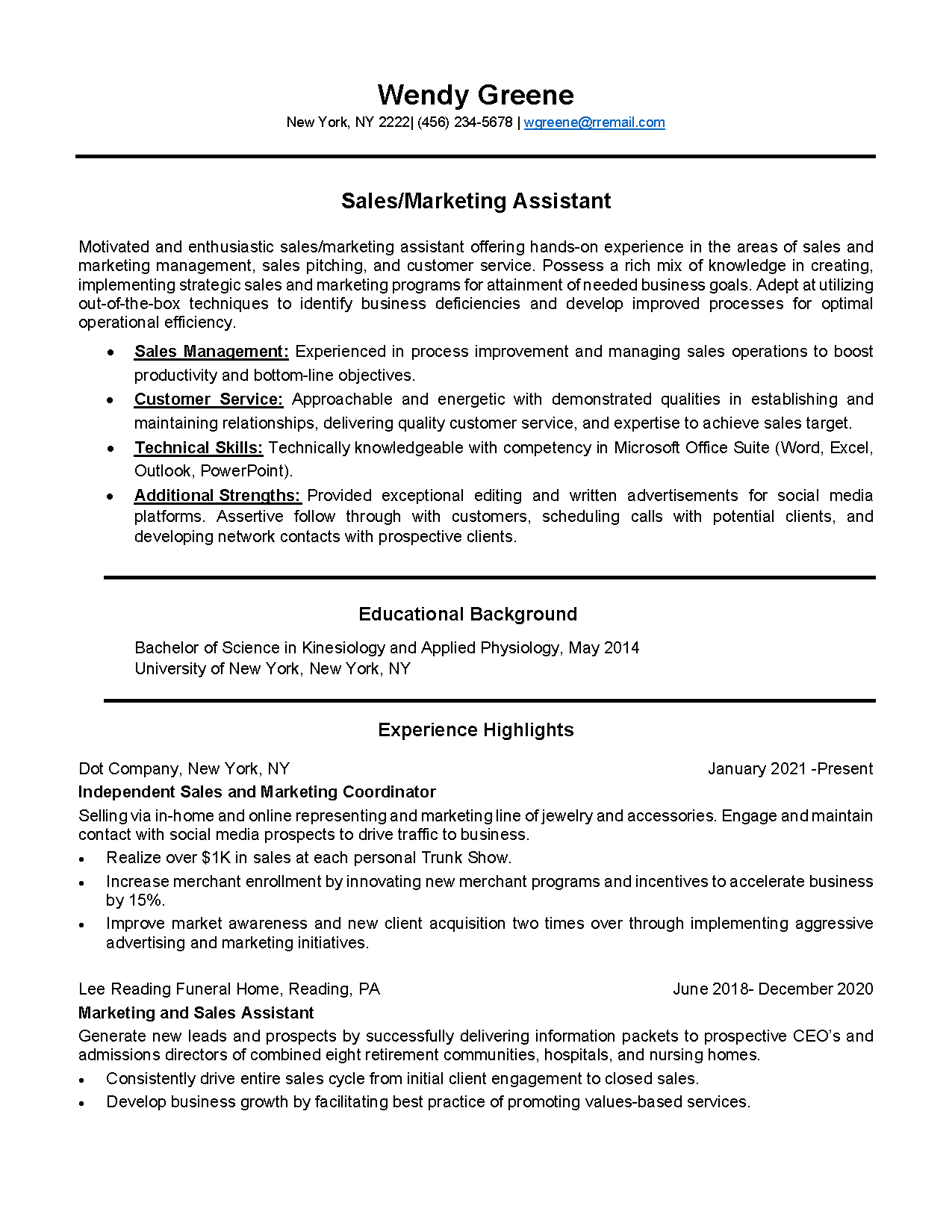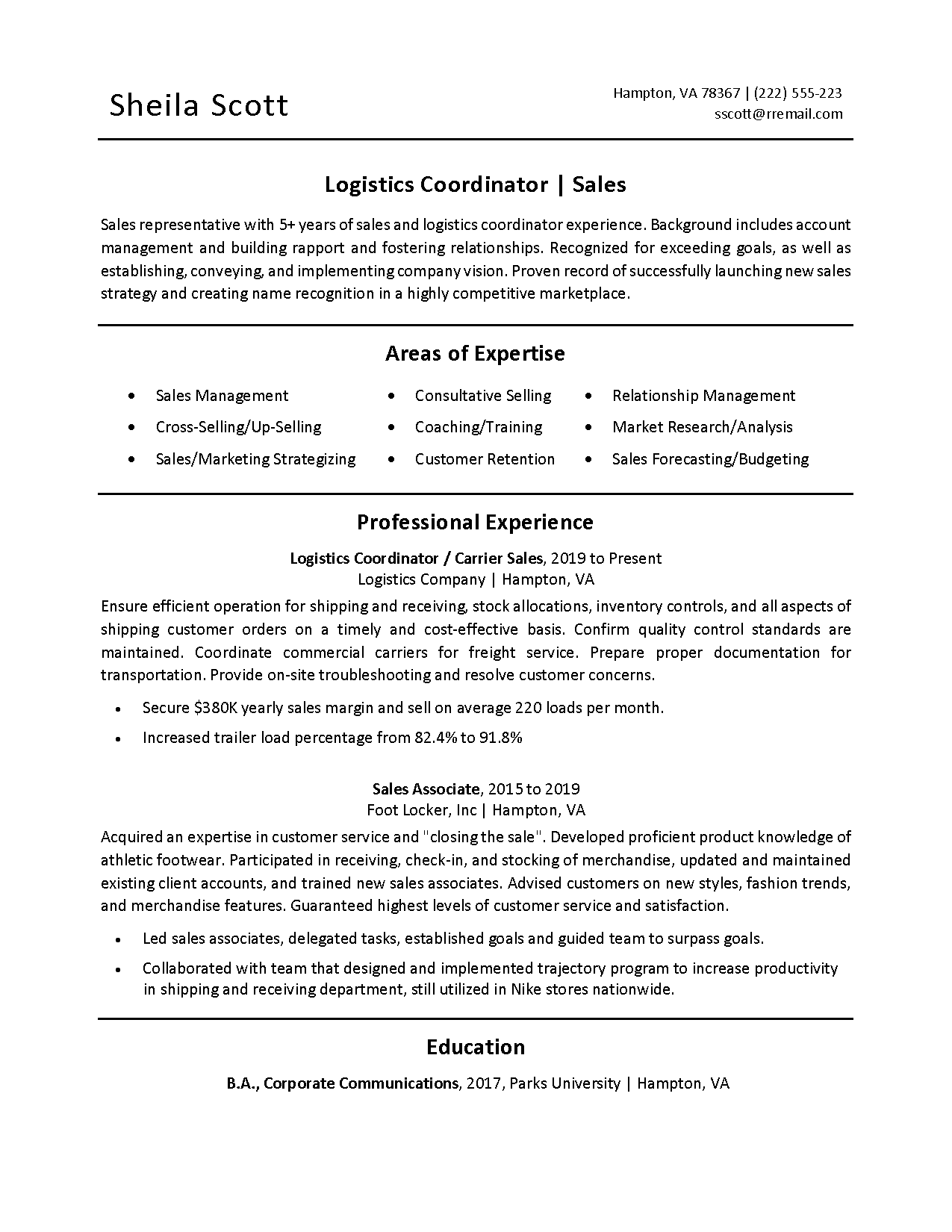
The Differences: Junior vs. Senior Level Resumes
Of course there are (and should be) differences between a senior level resume and someone who is just entering the job market or early in their career. Certainly it would look a bit strange for a senior leader or executive to reference education at the top of their resume. It would also look odd for someone with a limited amount of experience to present him or herself in a manner, which might imply that the candidate was experienced in a particular area of business (e.g. finance or accounting).
Of course everyone wants to present qualifications and credentials that will pass muster with the hiring manager. Just like there are different levels of positions, so too are there different levels of resumes. If you are just entering the workforce or have a limited amount of experience, consider the following to bolster your resume and make yourself more attractive for an entry- or junior-level position:
| Junior | Senior | |
| Summary | Your summary should reference any related experience that you have to contribute to the position for which you are applying. Additionally, you might include related academic training that complements the position. This will serve to demonstrate to the reader that you understand the underlying concepts of the focus of the role. | Your summary should provide a strong sampling of what you have contributed in your roles in a leadership capacity. Present an example of something specific with the corresponding result to make an immediate impact. You want to provide a clear understanding that past performance is an indicator of future success. |
| Education | If you recently graduated, reference your education at the top of the resume with some related coursework that you completed. Again, this shows your understanding of a particular topic. GPA 3.5 or greater? Your strong academic performance will allow you to stand out from the crowd. If you achieved academic honors or contributed to activities reference them. Your involvement in extracurricular or other programs demonstrates your willingness and ability to engage outside your daily educational training. | They say that experience is the best teacher. That being the case, a senior level resume should highlight education at the bottom of the document. Included within the education section should be advanced degrees or any additional training that indicates your commitment to ongoing learning. If you possess professional designations (e.g. CPA, PMP, SPHR, etc.) you can include the designation under a sub heading entitled Certifications. |
| Professional Experience | The professional experience portion of the resume of someone who is just entering the workforce might consist of summer employment (e.g. camp counselor, waitress, part-time retail sales associate). There are still many things that can be captured from these experiences! Consider the leadership skills and patience needed to manage a group of young children for the summer; or think about the organizational and planning competencies needed to wait tables; further, how about the customer service and sales ability to work in retail? You see right there, that there are very definitely transferable skills that should be referenced to allow the reader to gain perspective regarding your potential performance. | For a senior professional, this section of the resume should give the reader a clear and compelling understanding of what you did in each of your roles with the compelling results. If you are remaining in the same type of work / industry, a reverse chronological resume will probably work best. If you are considering a transition to something new, you will need to provide the reader with an understanding of your transferable skills. Consider a hybrid format to showcase your talents appropriately to make the most impact. It is likely that you will have a lot of information; you don’t need to tell the reader everything. Just ‘show a little shoulder’ to get the reader interested. You will have the interview to go into more detail. |
| Affiliations & Volunteer Activities | This is a topic that is somewhat universal. Consider including some information on the resume about your involvement with a professional or volunteer organization. This type of information sheds light on leadership capabilities and provides further evidence of your ability to work with others in what can be dynamic and sometimes challenging environments. | Reference any volunteer positions or professional affiliations with which you are aligned. If you serve in a leadership position on a Board of Directors, reference that information in this section. |
No matter what level you are in your career, it is critical to highlight examples of your work and how you added value. When your resume is being reviewed in the short amount of time that hiring professionals spend with your resume, yours will remain at the top of the pile. Continue to use the SAR S: Situation, A: Action, and R: Result method when presenting your qualifications to keep the reader’s interest!
Here’s to your career success!

